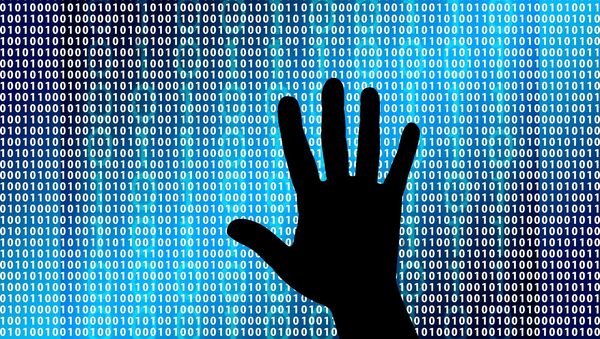The 20-strong Center Against Terrorism and Hybrid Threats (CTHH), announced at the end of last year, aims to prevent interference in the October general elections via online disinformation and other covert means, such as cyberwarfare, puppet groups, and support for populist and extremist factions.
Tomas Prouza, State Secretary for European Affairs, accused Russia of disseminating propaganda in the country, in order to "sow doubts in the minds of the people" about the European Union and NATO, and subvert the election result, although offered no evidence for his claims.
CTHH has drawn sharp criticism in the days since its launch, from surprising quarters — Czech President Milos Zeman has led the charge, saying the unit could infringe on free speech. Before the center launched, he said the Czech Republic did not need "idea police."
Since its launch, his office has gone as far as creating a dedicated Twitter account to attack the unit, styled 'CUTI', a reference to Czechoslovakia's communist-era censorship office. The account is managed by Zeman's spokesman, Jiri Ovcacek.
1/2 A fundamental law applies in a democratic and free society: nobody can have monopoly for truth.
— ČÚTI (@CUTIzpravy) January 4, 2017
CTHH chief, Eva Romancovova, is reported to be puzzled by the criticism, as Zeman's office had been consulted on the creation of the unit during a national security audit earlier in 2016, and had raised no objections. She suggested Zeman's opposition stemmed from "a very unfortunate lack of understanding" of the center's work.
President Zeman has frequently made remarks embarrassing to the EU and NATO, repeatedly called for the ending of sanctions against Russia and reiterated the need for cooperation and friendship between Europe and Russia. In May 2015, he suggested Russia could join the EU within 20 years. While the Czech government passed bills limiting the President's constitutionally approved powers in foreign and domestic policy in June 2016, some say as punishment for his independence and dovish stance towards Moscow, opinion polls consistently suggest Czech voters view the President very favorably.
Zeman is not the only Czech politician who has taken Russia's side in international disputes. In March 2015, former President Vaclav Klaus blamed the West for the situation in Ukraine.
The launch of CTHH follows the rollout of similar initiatives in Finland, Poland and the Baltic States.




